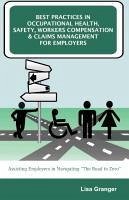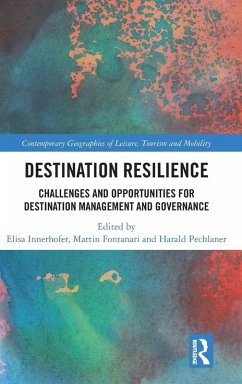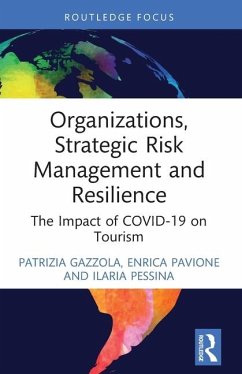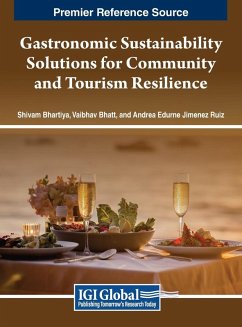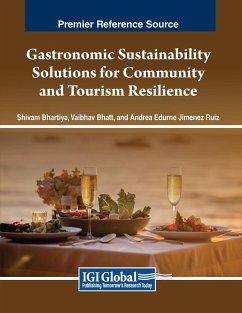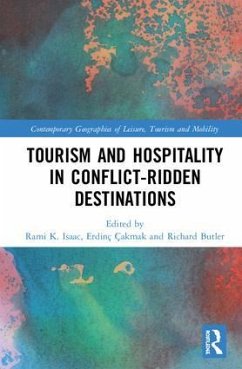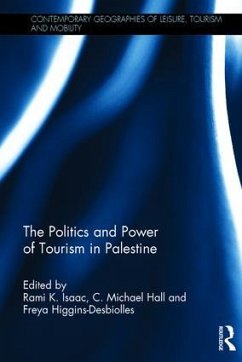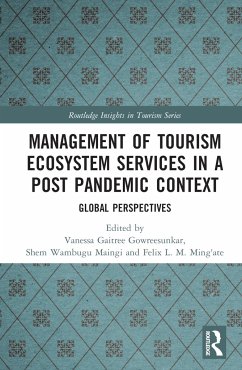
Tourism Safety, Security and Resilience
Integrated Community-Based Approaches
Herausgeber: Isaac, Rami K.; Gowresunkaar, Vanessa Gb; Maingi, Shem Wambugu
Versandkostenfrei!
Versandfertig in 1-2 Wochen
170,99 €
inkl. MwSt.
Weitere Ausgaben:

PAYBACK Punkte
85 °P sammeln!
This significant volume critically explores the implications of tourism safety and security and how communities in tourism destinations try to be resilient in the face of these impacts.







